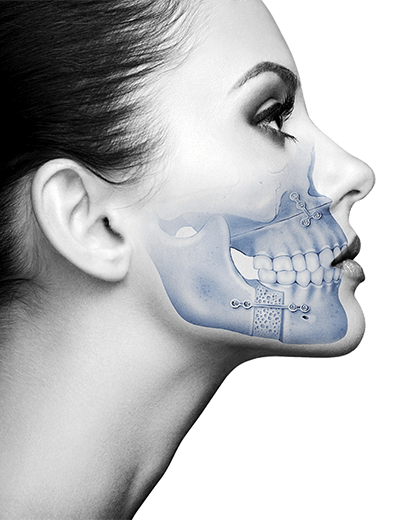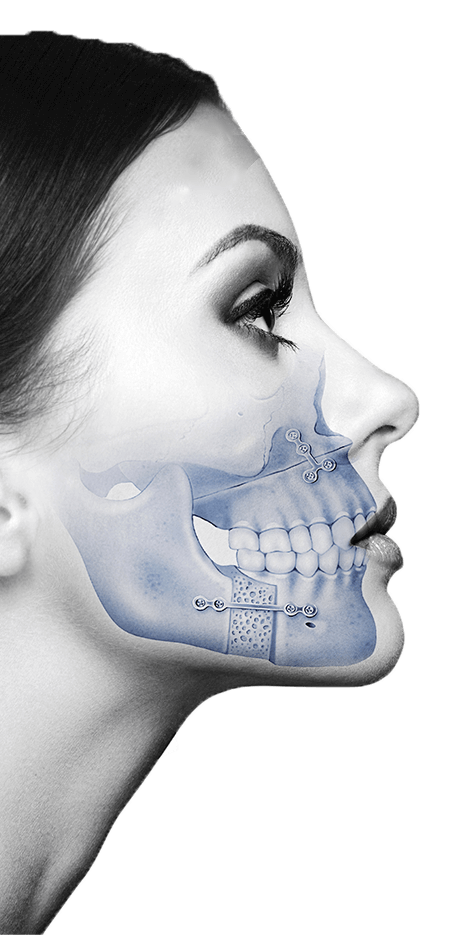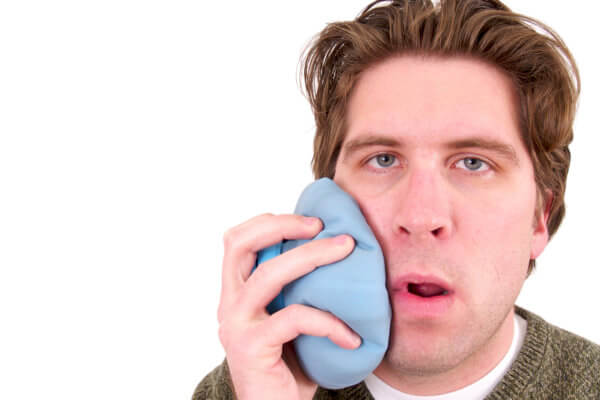Although our orthognathic surgery patients do not usually report pain during their postoperative period, most agree that swelling is the most important source of discomfort, especially during the first three days, when it reaches its peak, before gradually decreasing.
In this aspect, we can distinguish between two types of inflammation:
- Superficial inflammation: it is the most noticeable and the most annoying, but it is also the one that disappears more quickly.
- Residual inflammation: it is concentrated in the tissues closest to the bone, and it is not as noticeable as the superficial, being normally the patients and those who know them well the only ones to notice this inflammation. This type of inflammation can take up to 18 months to disappear completely (patience!).
Although time is the best ally to fight over and over, there are different products and actions that can greatly help accelerate the process of inflammation:
At the hospital:
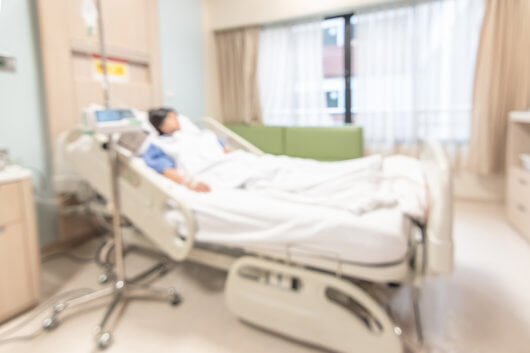
Position: the nurses will help you sit up as soon as possible to help retained fluids flow down and thus eliminate them more easily. It is recommended to remain at about 45 ° inclination.
Medication: During your hospital stay the medication will be intravenous, so you don't need to worry about it.
Movement: it is important to start walking as soon as possible, as soon as you feel strong enough to do it. In this way the fluids are mobilized and the return circulation is activated.
Cold: a mask of constant cold will be placed to help reduce inflammation, while providing you with a sense of relief.
Lymphatic massage: Our nurses perform two sessions of lymphatic drainage massage during patient's hospital stay.
Liquids: drinking water will help you discard toxins and cleanse your body, also helping the process of inflammation.
Related: Postoperative care at Maxillofacial Institute
At home:
In addition to continuing with good hydratation, at home we can carry out other actions to reduce swelling:

Diet: One of the most important aspects for a good postoperative period is to maintain a well-balanced diet, making sure to discard toxic or denatured foods that, directly or indirectly, increase pro-inflammatory markers. Some recommended foods to fight inflammation are: pineapple, onion, pepper, red fruits, nuts, flax seeds, cocoa, olive oil, fatty fish, garlic and species such as turmeric or ginger. Also, green tea is a good option as an anti-inflammatory drink and to vary in water consumption.
Activity: Our medical team stresses the importance of maintaining reasonable physical activity and increasing it progressively (according to recommendations) until reaching the levels before surgery.
Exercises: performing the exercises indicated by your nurse in charge will help not only combat inflammation of the face, but to recover its expressiveness and the proper function of the bite. Similarly, activities such as yoga or meditation can help you overcome the most difficult or overwhelming moments.
Arnica: it is a plant that has analgesic and anti-inflammatory properties, in addition to reducing the formation of bruises. It is applied topically as a gel or ointment.
Medication: your nurse in charge will provide you with the medications indicated according to your history, and the guideline for taking them properly.
Related: Top 9 essentials for your postoperative recovery
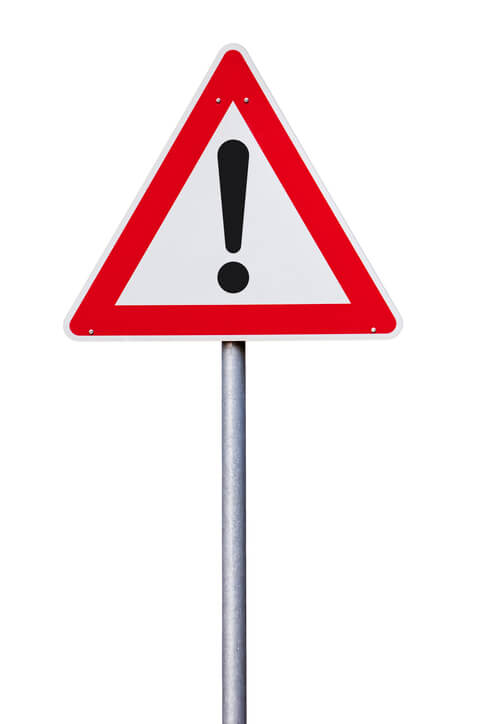
As for the heat and cold masks that are recommended in many blogs, our medical team advises against their use.
While heat can help reduce discomfort, it also increases blood flow, contributing to increased inflammation in the area, an effect completely contrary to what was sought. As for the cold, the mask that is placed the first days in the hospital serves to control the inflammation during the days when it is increasing. Once at home it is only recommended during the first 24h, since then inflammation will have reached its peak and begin to decrease on its own; applying cold in in this case would have a hardening effect on the area, creating a hard and reddened edema that is more difficult to eliminate.
Finally, a good attitude can make a big difference during the postoperative period, since stress can make this whole process much longer and more difficult.
This might interest you:
Everything you need to know about numbness after orthognathic surgery
Is orthognathic surgery painful?
What are the advantages of minimally invasive surgery?




